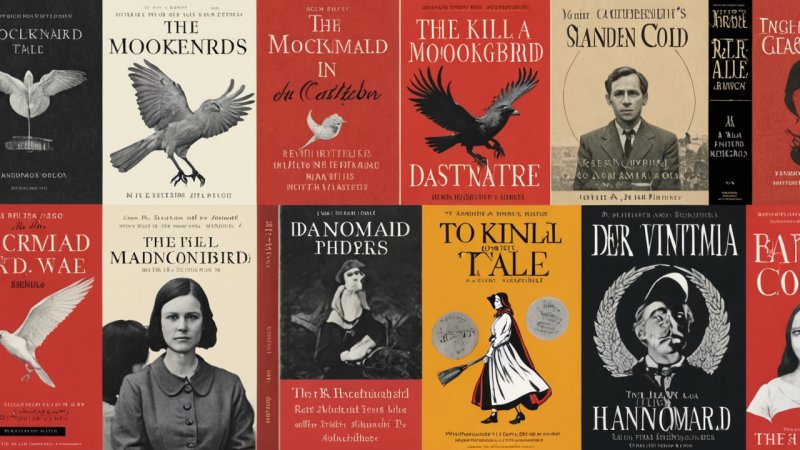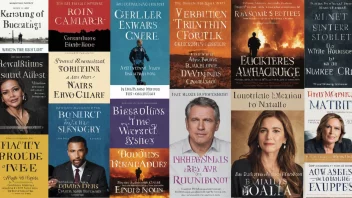What are some bestselling books that have sparked significant debates?
Several bestselling books have ignited discussions and controversies, including:
- 'To Kill a Mockingbird' by Harper Lee
- 'The Catcher in the Rye' by J.D. Salinger
- 'The Da Vinci Code' by Dan Brown
- '1984' by George Orwell
- 'The Handmaid's Tale' by Margaret Atwood
Why do these books spark debates?
These books often tackle complex themes such as:
- Social justice and race relations
- Identity and adolescence
- Religious symbolism and interpretation
- Government control and personal freedom
- Gender roles and feminism
What topics are commonly debated in these books?
Debates often arise around:
- The portrayal of race and racism
- Depictions of mental health and adolescence
- Religious implications and controversies
- Political themes and their relevance today
- Gender inequality and representation
Are there specific controversies associated with any of these books?
Yes, notable controversies include:
- 'To Kill a Mockingbird': Criticized for its portrayal of race and the use of racial slurs.
- 'The Catcher in the Rye': Challenged for its themes of teenage rebellion and explicit content.
- 'The Da Vinci Code': Controversial for its interpretation of Christian history and its impact on religious beliefs.
- '1984': Discussions around its relevance to current political situations and privacy issues.
- 'The Handmaid's Tale': Debates on its representation of women's rights and dystopian themes.
How can readers engage with these debates?
Readers can engage with these debates by:
- Joining book clubs or online forums to discuss themes and perspectives.
- Writing reviews or essays to express their viewpoints.
- Attending literary festivals or lectures focusing on these works.
- Participating in social media discussions around the books.
- Exploring scholarly articles that analyze these texts in depth.
What can readers learn from these debates?
Engaging with these debates allows readers to:
- Understand diverse perspectives on complex issues.
- Improve critical thinking and analytical skills.
- Deepen their appreciation for literature and its impact on society.
- Foster empathy and awareness of social issues.
- Encourage open dialogue about contentious topics.






